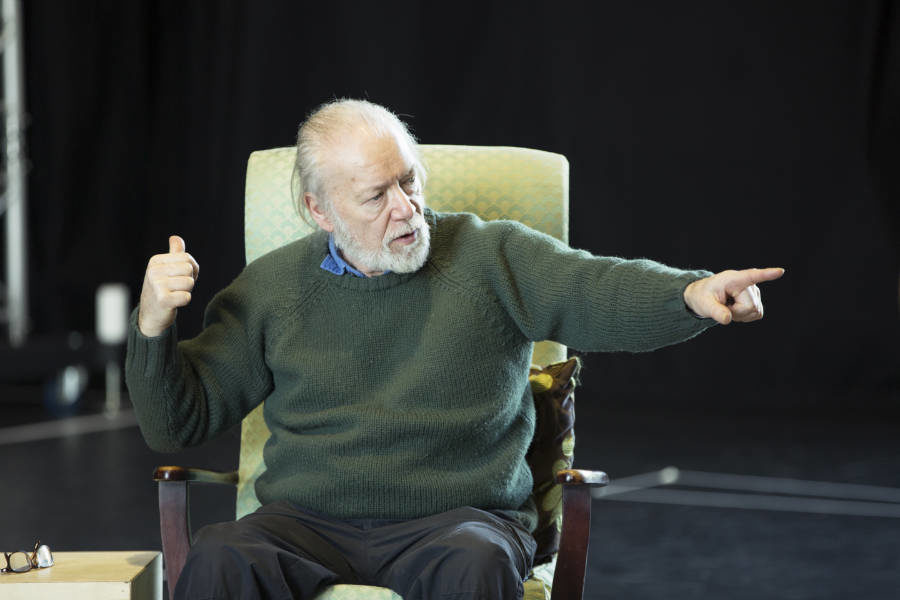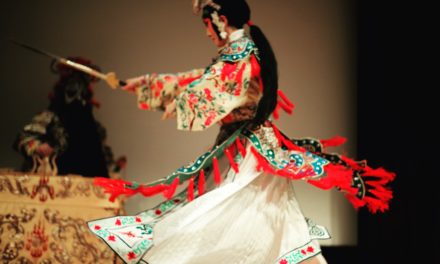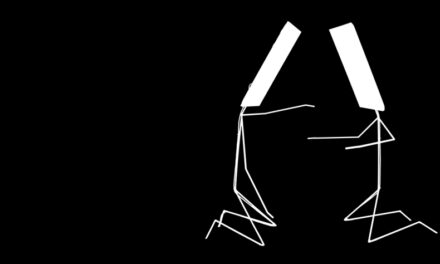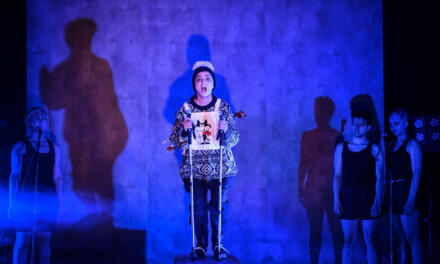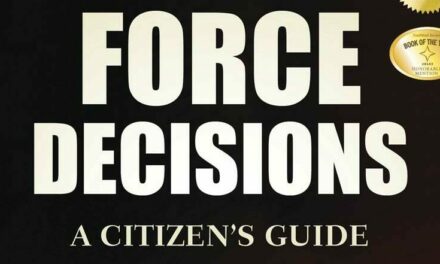Wales is a small nation joined at the hip to England. Historically, Welsh people have defined themselves (to foreigners who puzzle when they hear the country’s name; struggling to place it geographically) as being ‘Not English.’ But Wales is a nation in its own right with its own language and culture; a ‘Celtic nation’ that lost its independence centuries ago. It was England’s first and arguably, it will be its last colony.
However, a measure of devolution has been wrestled from London, a Welsh Assembly Government has been created – the first Welsh ‘government’ since 1410 (voted for by the people of Wales in 1997). This body is slowly helping to shape a new sense of nationhood; a positive definition of Wales / Welshness in a Federal Europe and theatre plays a vital role in that re-positioning.
Ibsen wrote “If we (Norway) had a national theatre we would be a nation.” In the early decades of the twentieth century, an attempt was made by Lord Howard de Wales to create a bilingual national theatre for Wales – at the time 50% of the nation spoke Welsh (it now stands at circa 20%). However, after much effort, and to his chagrin, his semi-professional venture failed. At its demise, he declared, ‘If Wales will not have the best Wales can produce, she will get the worst that the capitals of Europe can produce and it will serve her right.’
Close to an hundred years on, it is interesting to consider the theatre provision of the nation and to question whether it does serve the nation rightly or whether it ‘serve us right.’’
Most indigenous professional theatre production in Wales is funded by Arts Council Wales (ACW) – an instrument of the Welsh Assembly Government. Over the past decade the Government has shaped a pyramid model of theatre; one which, ironically has a twin apex reflecting the linguistic divide that continues to both plague and shape this nation.
On the ‘lower’ tier of the revenue funded structure are seven theatre in education (TIE) companies (I use the term ‘lower’ in a pragmatic not judgmental way). These tend to create ‘issue’ or ‘curriculum based’ theatre mainly for a school’s audience.
Above these are five or six community / small scale companies Their output is a mixture of experimental (physical, cross media, circus) and traditional theatre which is created in both languages.
On the third tier are two building based production houses which produce English language productions (circa 10 between them a year). This product is created both for their main houses and for their studio theatres – some of this output tours.(N.B. I was the Artistic Director of the last mid-scale Welsh language producing theatre which gave way to a national Welsh Language provision – see below). Above these sit the national provisions.
Firstly, Sherman Cymru – the national bilingual new writing company. This company was an amalgamation of three non building based new writing companies to form one, better resourced building based company. This company holds the remit for the development of new work and, in addition to grassroots activity on all levels, stages circa 3 / 5 new productions a year. It is hoped that, in time, it will be to Wales what the Traverse is to Scotland.
The professional revenue funded model is then capped by the twin apex of the national companies;
(i) Theatr Genedlaethol Cymru (the Welsh language provision) This provision has been in existence for 7 years. Its current Artistic Director has just resigned offering the company an opportunity to re-assess its provision in the light of recent developments – see below.
(ii) National Theatre Wales (which works under the directorship of one time NY resident, John E. McGrath) As I write this, National Theatre Wales has just completed the first week of its inaugural production – A Good Night Out (www.nationaltheatrewales.org). It will produce twelve new productions in its inaugural year – a mixture of text based, cross art form and physical theatre.
Between them, the above companies, stage circa 25 new productions a year (over and above productions of classics etc). This means 25 full commissions a year for Welsh writers (a full writing commission in Wales offers a writer somewhere between $10,000 and $15,000 up front, excluding royalties). In addition to full commissions, some companies seed fund texts in development.
Note, the 25 figure does not include commissions for libretti by Welsh National Opera, commissions offered by ‘project companies’ funded by ACW on an ad hoc basis, commissions from community groups etc.
Wales has a population of circa 3 million and so, pro rata compared to the USA, I would venture that we are in a privileged position. With far fewer writers there is more work to be had and most importantly for writers, more money to be made – a living at least.
In addition, this figure does not include the circa 25 or so English language plays produced for BBC Radio 3 and Radio 4 out of Cardiff (our capital) and 15 or so commissions of plays from the BBC Welsh radio station ( I include these figures as radio drama is a writer’s medium in Britain. It retains the integrity of the writer’s voice even more, some would argue, than theatre.
Regarding writers and economics, TV and film commissions should be considered on top of this again. BBC Wales produces English language drama (including Dr. Who) and we have our own Welsh language channel (S4C) which produces hours of TV drama a year, but to return to theatre…
As Caridad Svich recently wrote, ‘Theater posits a shared space of dreaming for society.’ Considering the opportunities listed above which available to Welsh writers (in both languages), it seems that we are given license to dream ‘big time on our stages.’
However, our theatre is a theatre in development (as is our society and its process of self determination); a theatre unsure of its dimension. We do not have a long tradition of theatre in the Anglo Saxon sense. Indeed, the founding father of Welsh language theatre, Thomas Edwards (Twm o’r Nant) was still writing morality plays akin to Everyman (which were played from the back of a cart), at the turn of the nineteenth century – three centuries after Marlowe had effectively capped that genre.
Regarding an English language tradition, as a consequence of industrialisation in the mid / late nineteenth century, theatres were built in our developing urban centers (historically we are a non urban society). But, as far as I am aware, those theatres took in touring product from England. They were not stages for indigenous creativity. I would consider Caradoc Evans the father of modern Cambro-English drama. He was active at the turn of the twentieth century. His play, Taffy caused a riot amongst Welsh audiences disgusted by his portrayal of Welsh religious bigotry when it was premiered not in Wales, but in London!
However, though we have a nascent theatre tradition we do have a long tradition of performance. But, it is in the main an amateur folk tradition based on poetry and dance. Indeed, it has been said that we are the only nation to have had professional television before professional theatre! As a consequence, we are a young theatre in a young nation (though located within ancient borders). It is therefore difficult to define the shape of the evolving Welsh theatrical voice. As a consequence, it’s difficult to export a voice as it is still negotiating its own sense of self; difficult for the world to see its merit.
One can couple this is our demographic history. In the mid / late nineteenth century when millions of Irish and Scots were forced off their lands and fled to the New Worlds, our ‘new world’ in Wales lay within our own borders. Our ‘Klondike’ was the coal mining areas of South East Wales. As a consequence, a century and an half on, we do not have a large ex-pat community which has pre-formed ideas of who we are and what we may be to them (as one sees with the Scotts and the Irish abroad). I am not saying that this explains all but it does explain some things.
Without an international image we are an invisible nation, though many of our practitioners are highly visible, especially our actors: Hopkins, Zeta Jones, Sheen, Gruffydd, and Terfel. Unfortunately few of our writers have yet to make such an impact – in part because writing is less chameleon and in part because they have never had a national platform which has commanded an international reputation such as The Court, The Abbey or The Public. Historically, Welsh writers have found it difficult to ‘sell’ their unique vision to the Anglo Saxon stage and are devoid of their own.
Our writers are therefore indicative of a nation that is still wrestling, as stated above, with positive identifications of self. Slowly we strive towards cultural and political visibility. Our dramatists and their theatre are key to that process of re-positioning through their efforts to create ‘a shared space of dreaming for (our new) ‘society.’
It is hoped that, with the creation of National Theatre Wales, its Welsh language counterpart and the national bi-lingual new writing provision (located in its new home – a dedicated stage for the evolving Welsh voice),and that, given time and a stable political situation, their combined focus and vision will pilot a release of the nation’s theatrical potential. The long term aim being that Welsh theatre (in whatever language) will be able to take its part upon the international stage. We strive for a theatre that will place the nation in a broader perspective; a theatre that will ‘serve us right’ after all.
Ian Rowlands is a writer and theatre director.
Originally published in Hamilton Dramaturgy’s ScriptForward – Anne Hamilton, Dramaturgy Editor, The Theatre Times. Reposted with permission.
This post was written by the author in their personal capacity.The opinions expressed in this article are the author’s own and do not reflect the view of The Theatre Times, their staff or collaborators.
This post was written by Ian Rowlands.
The views expressed here belong to the author and do not necessarily reflect our views and opinions.

